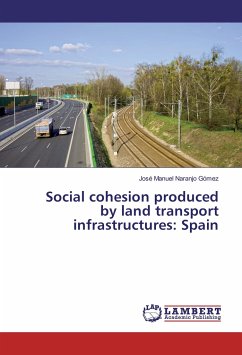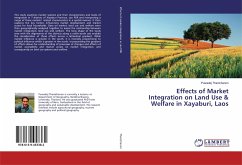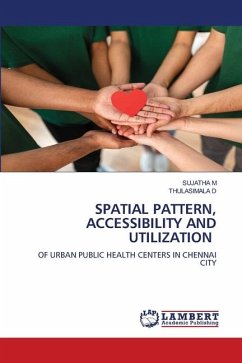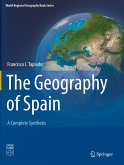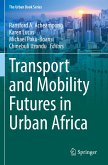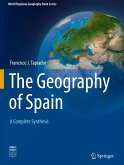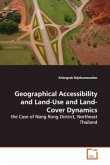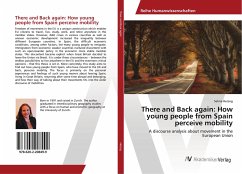The connection of all the capitals of Peninsular Spanish provinces by means of high-speed rail lines and the construction of new motorways planned in the Plan of infrastructures, transportation and housing, 2012-2024 (PITVI), is a huge expansion of the land transport network in Spain. This expansion has as fundamental objective achieves a greater cohesion social in the territory Spanish. For this reason, the methodology developed, stands out for characterizing efficiently the social cohesion that will occur in the Peninsular Spanish municipalities even before the construction of the new transport infrastructures. Indicators of structural backwardness and potential territorial accessibility are used, illustrating the results by means of tools GIS. The results show patterns territorial not very defined, according to the positive or negative effect caused by the construction of new transport infrastructures. There are numerous municipalities with geographical and demographic disadvantages that will not improve their situation. In this regard, the proposed methodological characterized efficiently the cohesion social before the construction of new transport infrastructures.
Bitte wählen Sie Ihr Anliegen aus.
Rechnungen
Retourenschein anfordern
Bestellstatus
Storno

